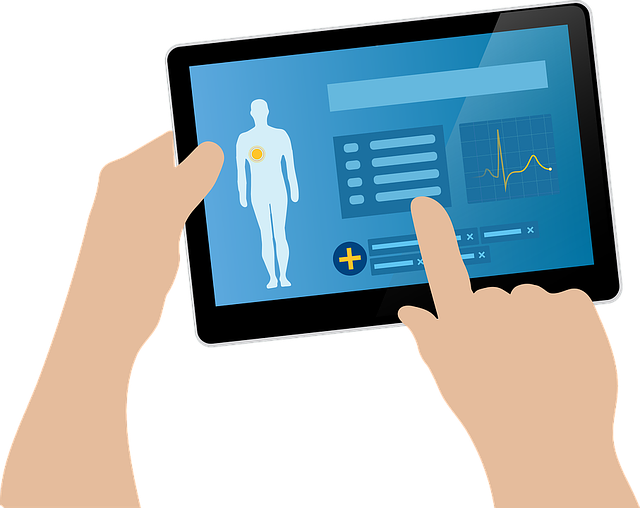|
|
||
 The causes, symptoms, and treatment of cancer can be enormously complex. Upon being diagnosed, people are often thrust into a medical world that is completely unknown to them. Some find themselves in the position of having to make complicated treatment choices in a short amount of time. Given that research indicates that more than one-third of U.S. adults have limited health literacy, that prospect can be overwhelming.1 Of course, physicians and nurses counsel patients and explain their options, but a recently diagnosed patient is often not in the best place to absorb complex medical information and make life-changing decisions. Clinicians, accustomed to medical jargon, may assume that patients possess a baseline medical knowledge that they do not. Patients and caregivers may be hesitant to speak up and request that the provider explain terminology or slow down, leaving them confused. This can compound the anxiety that patients are already feeling, making it less likely that they will participate in their own care. To address this, the National Cancer Policy Forum and the Roundtable on Health Literacy of the National Academies of Sciences, Engineering, and Medicine hosted a workshop in July 2019 to generate strategies to support patients with varying levels of health literacy. The workshop participants defined health literacy as “the degree to which individuals can access, comprehend, and use information to make healthcare decisions.” The workshop convened a panel of patients, patient advocates, clinicians, researchers, and representatives from healthcare organizations, academic medical centers, insurers, and federal agencies. Speakers discussed the barriers to effective communication in cancer care, specifically when trying to meet diverse health literacy needs and ensure culturally competent communication. In February 2020, the National Academies published “Health Literacy and Communication Strategies in Oncology: Proceedings of a Workshop,” summarizing the participants’ observations and recommendations and proposing strategies for improvement in multiple areas. Among the recommendations: Promote more effective communication between providers and patients.
Counter misinformation in the public sphere about cancer treatment.
Meet the health literacy needs of diverse populations and promote culturally competent communication.
Promote health literacy within healthcare organizations.
To help cancer programs evaluate and promote health literacy within their organizations, ACCC has developed a health literacy gap assessment tool. By completing the assessment, cancer programs can identify opportunities for advancing health literacy and subsequently enhancing patient care. ACCC has also created a list of curated resources for programs to use post-assessment. For more information on the proceedings of the National Academies Workshop on Health Literacy and Communication Strategies in Oncology—including information on leveraging media for cancer education and prevention, responding to the specific needs of adolescents and young adults (AYAs) with cancer, promoting continuing care through survivorship, and teaching patients self-management—refer to the full text. (Thank you Association of Community Cancer Centers for your generous sharing of this content. To view the post at the ACCC site, please click here.)
|
||




